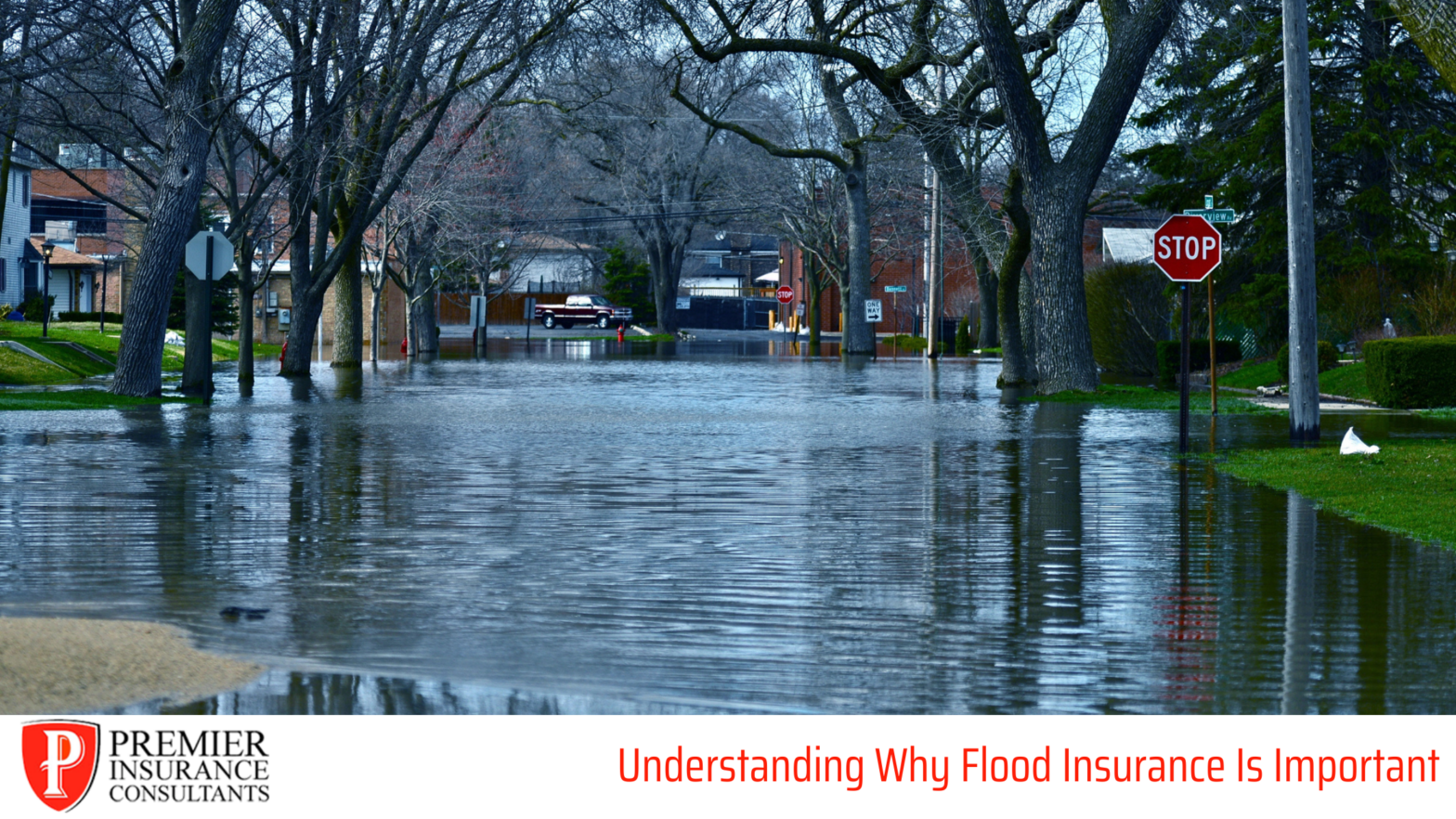Flooding is one of the most common and costly natural disasters. Yet, many homeowners often overlook the importance of flood insurance. Whether you live in a high-risk flood zone or a low-risk area, understanding this type of insurance can save you from financial ruin. Let’s break down everything you need to know.
Why Flood Insurance is Important for Homeowners
Homeowners often assume that their standard home insurance policies cover flood damage. Unfortunately, this isn’t the case. Without flood insurance, you could be left to cover the costs of flood damage out of pocket. Flood insurance provides the protection you need to repair and rebuild your home after a flood event.
Understanding Flood Zones and Risk Assessment
The first step in determining your need for flood insurance is understanding your property’s risk. The Federal Emergency Management Agency (FEMA) maps flood zones across the U.S., categorizing areas based on their flood risk. Here’s what you need to know:
- High-Risk Zones (Special Flood Hazard Areas): These areas have a 1% annual chance of flooding.
- Moderate-to-Low-Risk Zones (Non-Special Flood Hazard Areas): These areas have a lower risk but still account for over 20% of flood insurance claims.
- Undetermined-Risk Zones (Zone D): Areas where flood risk hasn’t been assessed.
You can check your flood zone using FEMA’s Flood Map Service Center or consult a flood risk assessor for detailed insights.
Types of Insurance Coverage
Flood insurance typically covers two main areas:
- Building Property Coverage:
- Foundation walls, anchorage systems
- Electrical and plumbing systems
- Furnaces, water heaters, and HVAC systems
- Appliances, carpeting, and flooring
- Personal Property Coverage:
- Clothing, furniture, and electronics
- Curtains, artwork, and valuable items (up to a specific limit)
National Flood Insurance Program (NFIP) vs. Private Flood Insurance
When it comes to purchasing flood insurance, homeowners have two main options:
National Flood Insurance Program (NFIP)
- Pros:
- Backed by the federal government.
- Standardized coverage limits.
- Available to all homeowners in participating communities.
- Cons:
- Coverage limits may not suffice for high-value properties.
- May not cover additional living expenses during repairs.
Private Flood Insurance
- Pros:
- Higher coverage limits.
- Additional coverage options (e.g., temporary living expenses).
- Competitive premiums.
- Cons:
- May not be available in all areas.
- Policies can vary significantly between providers.
The Cost
Several factors determine your insurance premium:
- Location: Properties in high-risk zones pay higher premiums.
- Elevation: Homes elevated above the base flood elevation (BFE) may receive lower rates.
- Coverage Amount: Higher coverage limits result in higher premiums.
- Deductible: Choosing a higher deductible can lower your premium.
How to Purchase Flood Insurance
Ready to get covered? Follow these steps:
- Assess Your Risk: Determine your flood zone and assess your property’s risk.
- Choose Your Coverage: Decide between NFIP and private flood insurance based on your needs.
- Get Quotes: Contact multiple insurance providers to compare quotes.
- Apply for Coverage: Once you’ve selected a policy, complete the application process.
- Review Your Policy: Ensure you understand your coverage limits, deductibles, and exclusions.
Frequently Asked Questions
Do I need flood insurance if I live in a low-risk area?
Yes, 20% of flood claims come from moderate-to-low-risk areas. It’s always better to be prepared.
Can I purchase flood insurance at any time?
Yes, but there’s typically a 30-day waiting period before the coverage starts.
Does flood insurance cover temporary living expenses?
NFIP policies do not, but some private insurers offer this coverage.
Insurance is essential for protecting your home and finances. Understanding your flood risk, choosing the right coverage, and knowing how to purchase a policy can help you stay protected. If you have more questions or need personalized advice, contact us today, your Greenville insurance team for expert guidance on your insurance needs.
By taking action now, you can ensure that you and your home are prepared. Don’t wait until it’s too late—reach out for personalized insurance advice and protect your home today.
Disclaimer: This article is not expert advice. Limitations and conditions may apply. Please check with your local Independent Insurance Agent for details.




